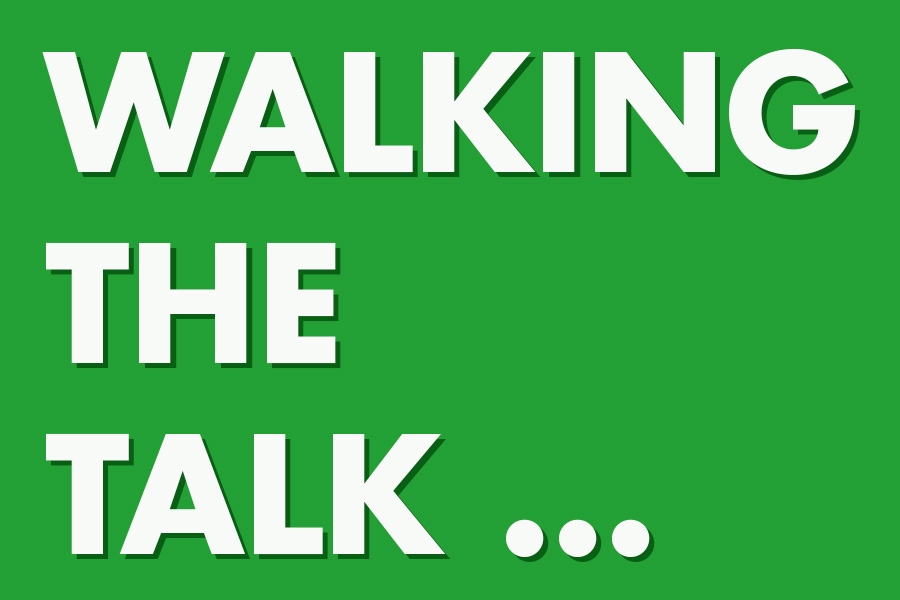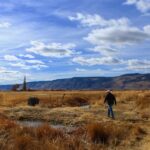We asked four sustainability professionals how they practice what they preach.
Chris Forney, Brightworks Sustainability
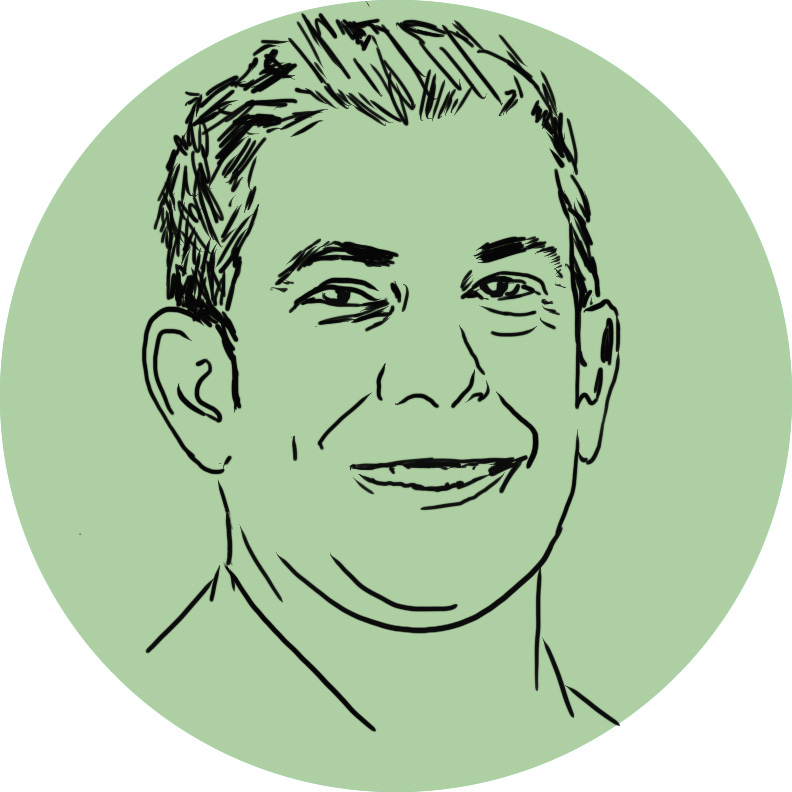 As the principal of a sustainability consulting firm, Forney says he’s learned that greening businesses and lifestyles “is not about the big moves but all the individual little decisions that add up to what we’re looking for from market transformation.”
As the principal of a sustainability consulting firm, Forney says he’s learned that greening businesses and lifestyles “is not about the big moves but all the individual little decisions that add up to what we’re looking for from market transformation.”
A Beaverton native, Forney says he decided to live in a close-in Portland neighborhood so he could bike or bus to work instead of drive. He and his wife have a list on their refrigerator of the worst-in-class chemicals that occur in foodstuffs.
“And certainly from a climate change standpoint, we eat meat, but try and minimize it or not have that as a dominant portion of our diet.”
But the environmental ethos around meat consumption is not always black and white, Forney suggests.
His extended family includes people who hunt as a big part of their food source. “It’s important for people to understand where food comes from because a lot of people are under the myth that Old McDonald has a farm, and that’s where a chicken comes from,” Forney says. “When it’s life and death — that’s where food comes from.”
At home and at work, Forney says he tries to make the link between sustainability and seismic resilience. He and his wife are undertaking a remodel of their 1952 Portland bungalow that will include adding insulation and energy-efficient windows.
“Should our power go out, we want the house to retain heat, especially in the dead of winter.”
The remodel will also capture rainwater for flushing toilets. “This will reduce our take from Bull Run by about 5,000 gallons per year, but it has an added benefit of keeping 500 gallons of clean rainwater stored in a cistern under our front porch which we could access in a true Cascadia event emergency when city water supply could be down for days or even weeks.”
Read related story: Oregon consumption-based greenhouse gas emissions surge
Cylvia Hayes, 3E Strategies, Cylvia Hayes Enterprises
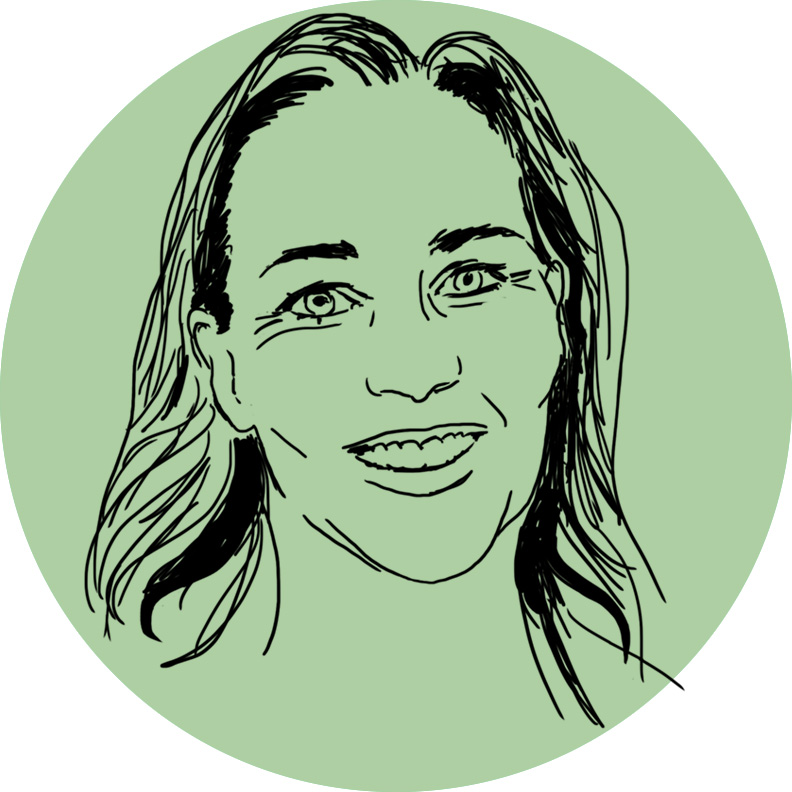
Vilified for her role in the scandal that toppled Gov. John Kitzhaber three years ago, Cylvia Hayes has moved on. In adddition to 3E Strategies, a business that helps organizations implement sustainable practices, she also runs Cylvia Hayes Enterprises, which provides resiliency and empowerment training and coaching to environmental and social change-makers.
Hayes is no longer doing policy work — “mostly because I’m still recovering from character assassination and that stuff,” she says.
Does she walk the talk? “It’s hit and miss,” says Hayes, who spoke to OB from her home in Bend, where she was making a late breakfast of boiled eggs from the neighbor next door who raises chickens.
Her biggest hurdle eating low on the food chain stems from her ongoing relationship with Kitzhaber. Apparently the only dish the former governor ever cooks is a low-fat chicken casserole dubbed “chicken stuff.”
“It’s 90% of what we eat when we’re together,” Hayes says. ”That’s a challenge.” Other than that, “seafood is my biggest dilemma. Our oceans are so depleted.”
Transportation is another bête noire. Hayes drives from her primary residence in Bend to Portland (where Kitzhaber lives) a couple of times a month, and because she lives in a rural area she is more car dependent. She drives a Toyota Prius.
“I was talking to people about getting off of fossil fuel. I needed to walk my talk.” She did give up water skiing many years ago. “It was purely frivolous fossil fuel use.”
To offset travel impacts, Hayes used to purchase carbon offsets. “But I’m not convinced any more that they are anything more than guilt assuagement.”
How important is it for people to make low carbon lifestyle choices? “It’s a real dilemma for many of us because we’re trapped in a system that makes it impossible to have as little a footprint as we’d like to have.”
Sheldon Zakreski, The Climate Trust
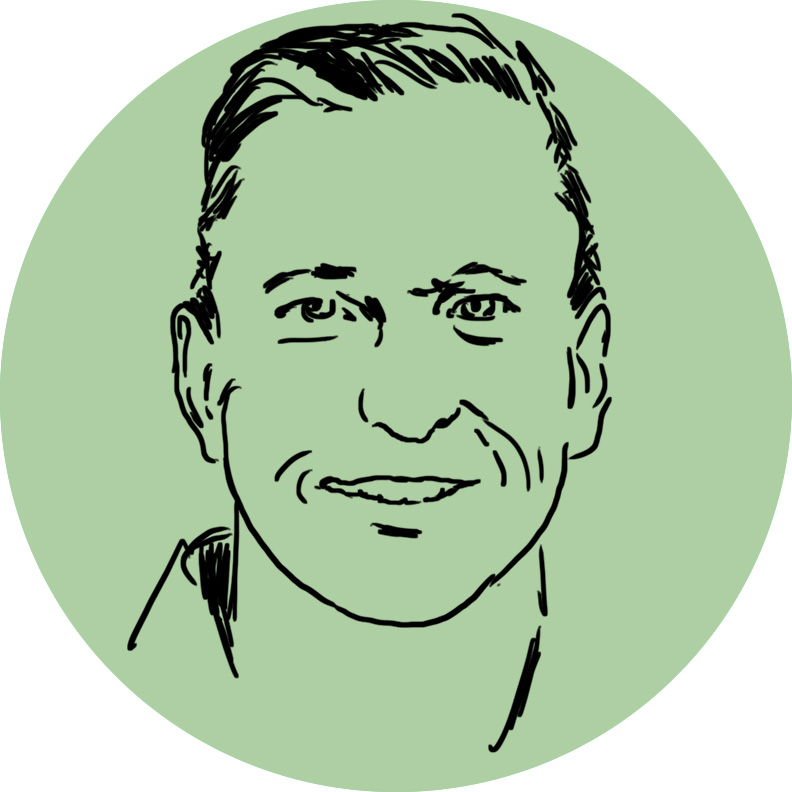 Sheldon Zakreski traffics in carbon offsets, investments in forestry and other emissions-absorbing projects to help companies reduce their carbon footprint. In his personal life, Zakreski purchases offsets to compensate for airline travel, focusing on projects that reduce emissions in the places where he is traveling.
Sheldon Zakreski traffics in carbon offsets, investments in forestry and other emissions-absorbing projects to help companies reduce their carbon footprint. In his personal life, Zakreski purchases offsets to compensate for airline travel, focusing on projects that reduce emissions in the places where he is traveling.
What’s his biggest challenge walking the talk? “A lot of it has been around diet,” says Zakreski. A former vegetarian, he’s now more of a paleo eater, a transition he made because of health issues.
“And while I’ve seen some of the results personally in terms of health, studies show that the equivalent amount of meat for the body is a lot more carbon intensive.”
Zakreski’s a dedicated bike commuter, riding five miles to and from his downtown office. “But I find the older I get, the more I stray to the car when I could walk or bike instead.”
Population growth, of course, has a huge environmental impact. But the issue is complex, says the father of two children, ages 15 and 12.
“I know some folks who are childless, but their childless lifestyle has allowed more travel. So on carbon emissions it’s hard to know how it all pencils out.”
Plus, says Zakrsei, “when we talk about decarbonizing our economy, it’s a multi-decade and intergenerational process. We are going to need the next generation of problem solvers.”
Read related story: As airline travel and consumption skyrocket, a move is afoot to slash the greenhouse gas emissions generated by maritime and aviation activity.
Andrea Durbin, Oregon Environmental Council
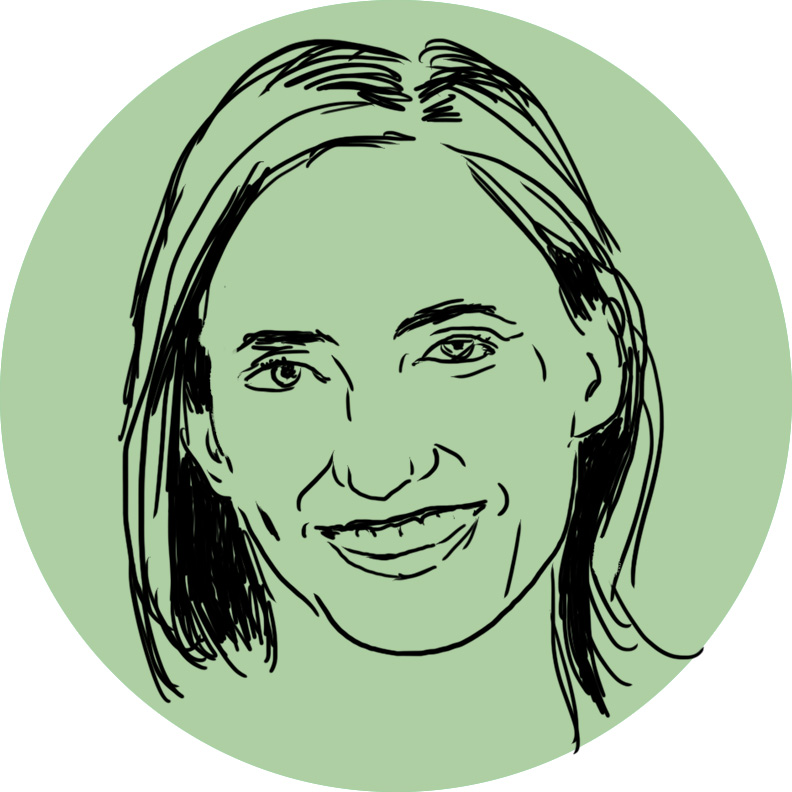
As the executive director of a leading environmental nonprofit, Durbin works to eliminate toxins from air, land and water. As a mom, she’s equally conscious about buying clean products for her family.
“I’m one of those people at the drug store using the Environmental Working Group Healthy Living app to make sure the products are safe.” The app scans bar codes to yield ratings on carcinogens and allergens.
“It’s awesome,” says Durbin, who acknowledges her kids, ages 15 and 12, aren’t so keen on not being able to use products like spray-on sunblock. “I don’t preach to them,” Durbin says. “I say we’re making choices and this is why.”
Durbin bikes to work from her home in the Hollywood district but says the family recently became a two-car family: Her husband needs a car for work, and “now that the kids have gotten older, their schedules are crazy.”
She tries to reduce her overall consumption by reusing as much stuff as possible. “I repair my shoes and do clothing swaps with friends. It’s a great evening, drink wine with friends and leave with new clothes.”
What’s her biggest carbon downfall? “I fly,” she says simply. Increasingly, OEC is conducting more meetings with national partners by web or Skype. But on a personal level, Durbin says, “I like to travel. We need to push the airlines to fuel their planes with clean fuel.”
A version of this article appears in the June 2018 issue of Oregon Business. To subscribe, click here.
Corrections appended: The original version of the Andrea Durbin profile mistakenly identified spray-on sunblock as spray-on tan. The original Cylvia Hayes profile neglected to mention her new business, Cylvia Hayes Enterprises, and misidentified the date she evolved 3EStrategies into a for profit.


